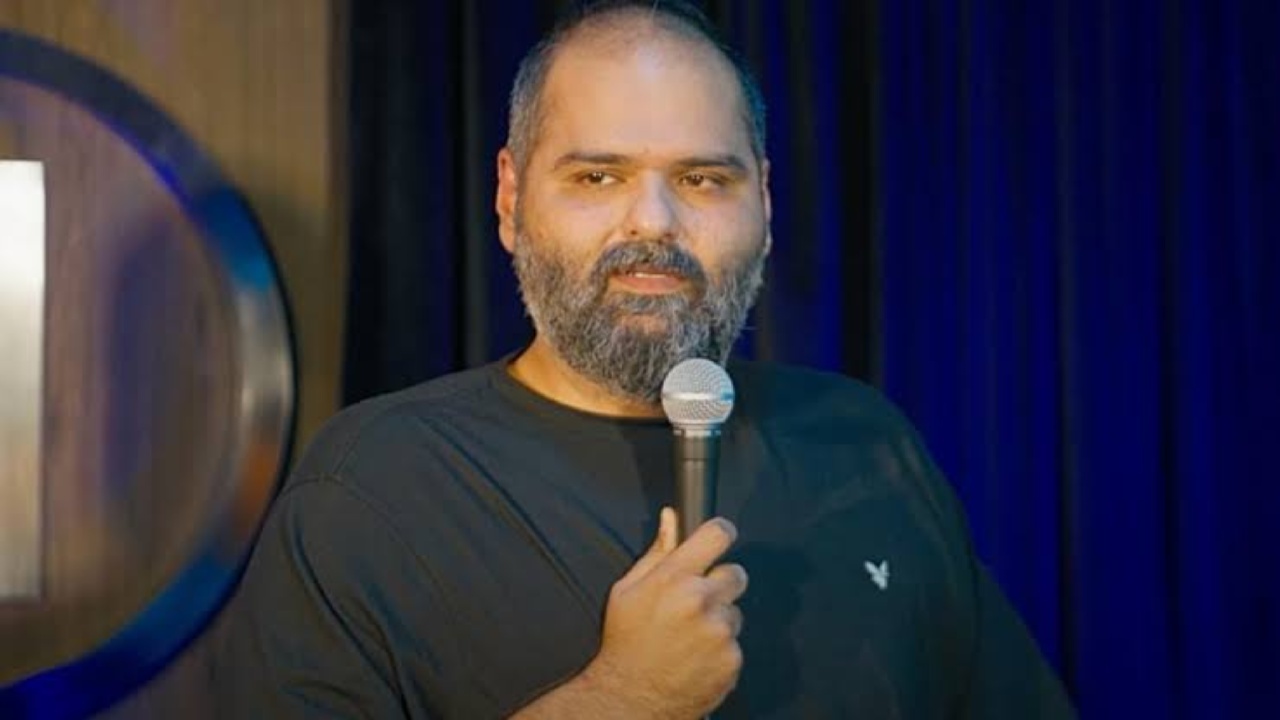The Bombay High Court has granted interim protection from arrest to stand-up comedian Kunal Kamra in connection with a First Information Report registered against him for remarks made during a comedy performance. The court permitted the police to proceed with the investigation but restrained any arrest while the case remains under judicial review.
A division bench comprising Justices Sarang Kotwal and S M Modak heard Kamra’s petition challenging the FIR. While allowing the probe to continue, the court instructed that any questioning of Kamra be conducted in Chennai, with prior notice. The FIR, however, remains in force and pertains to comments allegedly made against a political figure during a segment in Kamra’s stand-up show.
The incident in question involves a satirical song from Kamra’s performance, which was later uploaded to a video-sharing platform. The content prompted a complaint from political affiliates, leading to an FIR being filed on March 24, 2025. Following the video’s circulation, there was damage to the venue where the show had been recorded, reportedly by members of a political party.
During the hearing, Kamra’s legal team, led by senior counsel Navroz Seervai and advocate Ashwin Thool, contended that the FIR lacked legal foundation. They argued that the content in question did not amount to an actionable offence and emphasized the absence of any widespread public disturbance.
The police have booked Kamra under multiple provisions of the Bharatiya Nyaya Sanhita. These include sections related to dissemination of false information, incitement of disharmony among groups, and defamation. The charges stem from the use of a term perceived to be derogatory when referring to a politician in a comedic context.
Kamra has also informed the court that he received hundreds of threatening messages following the release of the show. His legal representatives stressed that the performance was intended as satire and that the reaction has been largely political in nature.
The High Court noted that the right to express opinions is constitutionally protected under Article 19(1)(a). Even if a charge sheet is filed during the course of the investigation, the bench observed that the trial court should refrain from moving forward until further orders.
The matter is scheduled for further hearing as the court continues to examine the legality and implications of the ongoing investigation.


